#mine: tog
Explore tagged Tumblr posts
Text








She was fire, and light, and ash, and embers. She was Aelin Fireheart, and she bowed for no one and nothing, save the crown that was hers by blood and survival and triumph. The Throne of Glass Series by Sarah J. Maas
#throneofglassedit#togedit#aelingalathyniusedit#sjmedit#throne of glass#tog#aelin galathynius#celaena sardothien#series: tog#mine: tog#*mine
15 notes
·
View notes
Text
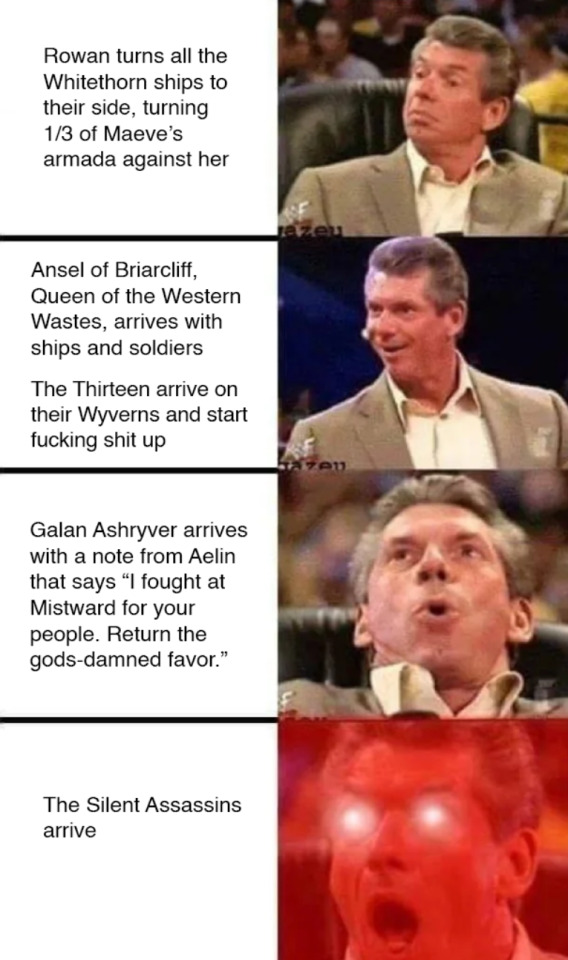
I always feel like the iron coffin overshadows the absolute batshit insane series of events that is the end of Empire of Storms (understandably tho)
#sarah j maas#throne of glass#sjm#tog#mine#empire of storms#eos#aelin galathynius#aelin ashryver galathynius#queue of shadows#aelin fireheart#rowaelin
1K notes
·
View notes
Text


do NOT tell Nile Freeman what to do. except in special circumstances, maybe later >:)
213 notes
·
View notes
Text
WHY???? IS NOBODY?? MAKING NOISE ABOUT TOG SEASON 2 ONLINE???? BABES LOOK AT MY BEAUTIFUL CHILD





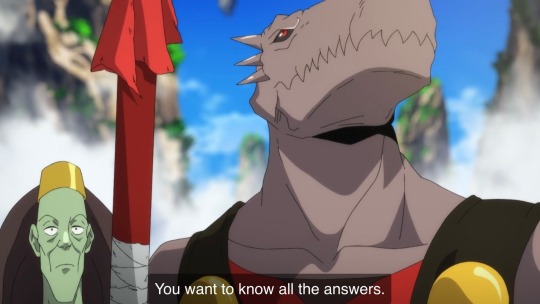




TOG IS BAAAAACKKKKKKK
#fuck rachel#i swear to god if i could i would kill her myself#fuck rachel 2024#BAM AND KHUN THO???#and my dear team sweet and sour#my babies all well and happy#not for long tho ahahah#the glipse i got of khun was enough to clear my skin and my depression#khun aguero agnis#25th bam#jue viole grace#khunbam#you can claw them out of my cold dead hands#tower of god#tog season 2#tog spoilers#mine
177 notes
·
View notes
Photo


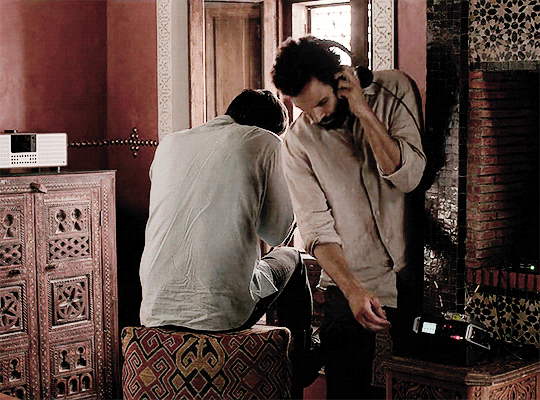
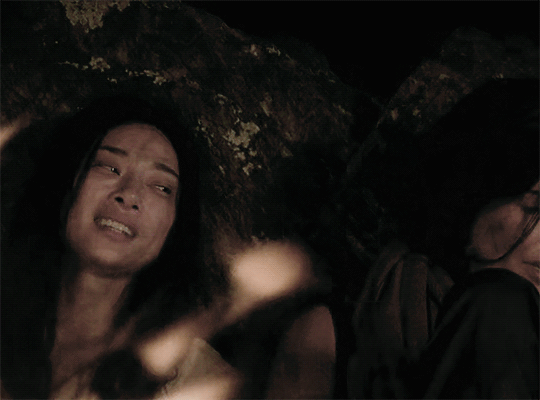

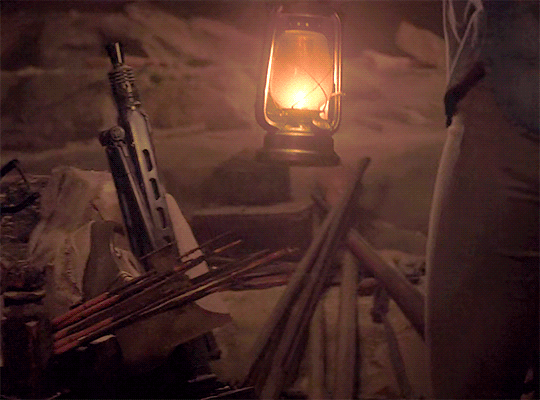
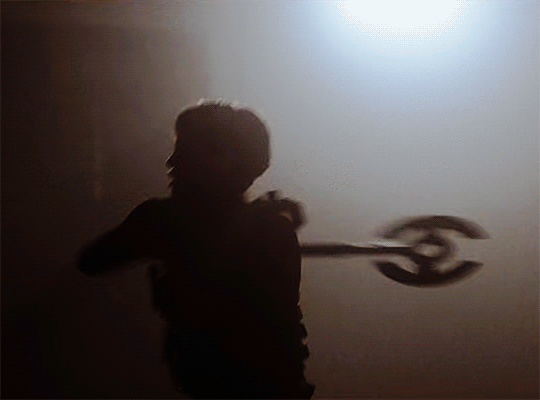
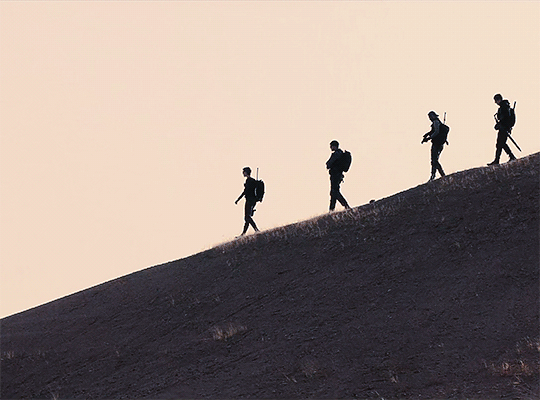

You need help. What does it matter why? Today, I put this on your wound. Tomorrow you help someone up when they fall. The Old Guard (2020)
#tog#togedit#the old guard#andromache the scythian#andy the old guard#filmedit#theoldguard#booker#sebastian le livre#nile freeman#nicolo di genova#yusuf al kaysani#joe x nicky#immortal husbands#andy x quynh#immortal wives#uhh i havent been in the tag in ages so idk what else to tag#but i was rewatching this#bc i miss them and im still waiting for that sequel... its been 84 years. jpg#mine#gif:theoldguard#this was supposed to be more like a generic tog gifset but it ended up like#tog gifs
2K notes
·
View notes
Text
[ENG] Marinelli: “Playing Mussolini? It was painful”
The actor, on stage without pauses in the eight episodes, talks about his experience in the role of the dictator: "I didn't know how things went, I hope that M can be useful to the public".
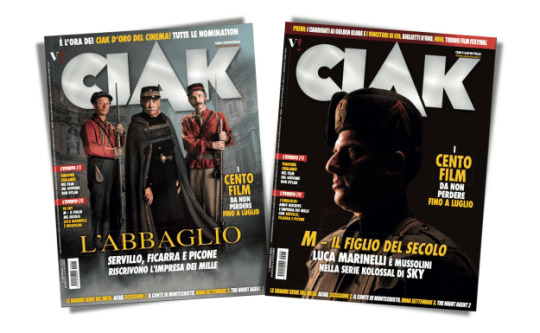
Luca Marinelli didn't just give Benito Mussolini his face, he gave him his entire soul. Present in practically every scene of the eight episodes of the series "M - The son of the century", coming soon to Sky and streaming on NOW, he climbed through dialogues without time limits and monologues that he gave shape to by looking straight into the camera, an unbelievable work and not just of interpretation: The feeling I had reading Antonio Scurati's book was of having been confronted with my gigantic ignorance. It’s healthy to confront this, never take it for granted that you always have all the answers and simplify life, because this attitude is called populism, and it was invented by Mussolini himself. It’s healthy to know the limits of our knowledge, I honestly didn’t think that things had gone this way and I hope that they push the audience towards the desire to be present to themselves, to make their own interpretations, knowing that they are not alone. “During the shooting he confesses - I would have liked to be launched on some other planet. We talked about our history, which is perhaps the most painful thing and I am very happy with what we did. It happened that in some scenes I got excited with the Duce, which generated a deep sadness in me, but I had to crush something in myself to continue to pump this dark side of evil, a process that for me was very painful. Some scenes struck me particularly, like the ones we shot in Parliament, even there Mussolini did not hide any of his aims, we filmed the speeches he made and for me repeating those words was something really scary”.
To prepare for this difficult job, the actor watched many films from the Istituto Luce “and even in their triumphant aspects I perceived the great violence of fascism, it’s wrong to treat dictators like devils or madmen, because they are people like us and we need to know them”. But it’s precisely the knowledge that is lacking in our country, starting with the education of our school system, about which Marinelli has several doubts. “I’m curious - he says - to see what the public's reaction will be to the arrival of the series. I believe it’s important to start counting on an education ‘alive’ again, but in Italy unfortunately we don’t invest in the school system and we see obvious results. I have not been a great student in my path, but honestly I don’t remember having addressed these issues, perhaps we didn’t even get there with the program and I think it’s dangerous”. After so many months spent wearing the uncomfortable shoes of Mussolini, it was not easy for the actor to get out of a role that was totally immersive. “This series - concludes - left me with the fact of wanting to be present in my present and my past. Only like this can we understand what we are experiencing today as well as going in the direction that is most useful to everyone”.
Cr: CIAK
#luca marinelli#the old guard cast#tog cast#interview#eng translation#mine#M the son of the century#tv series#joe wright#magazine#CIAK
77 notes
·
View notes
Text

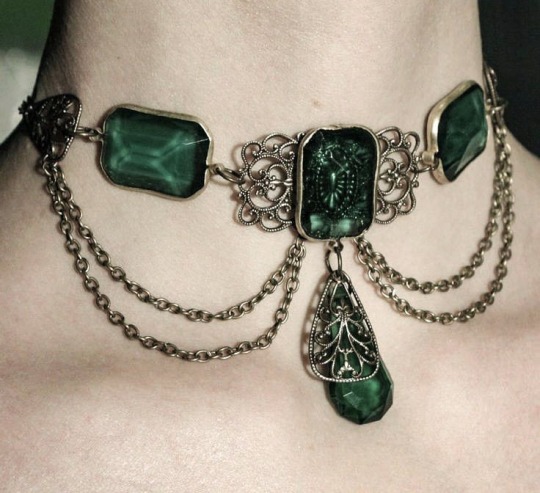


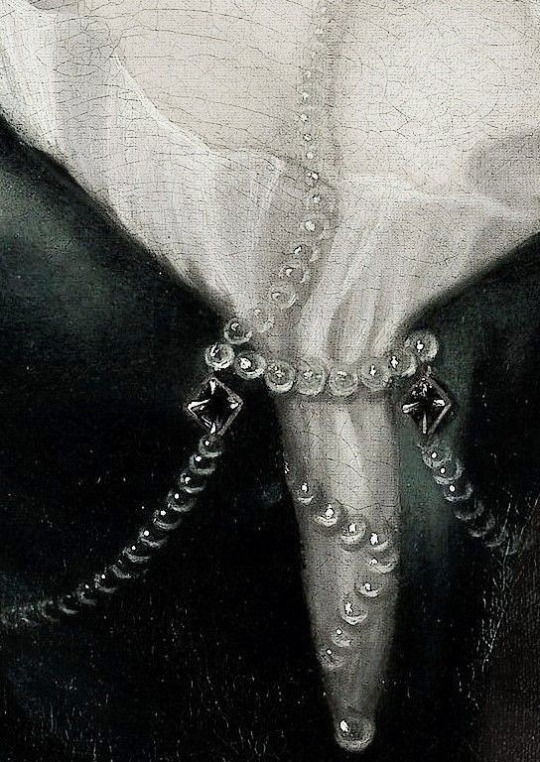


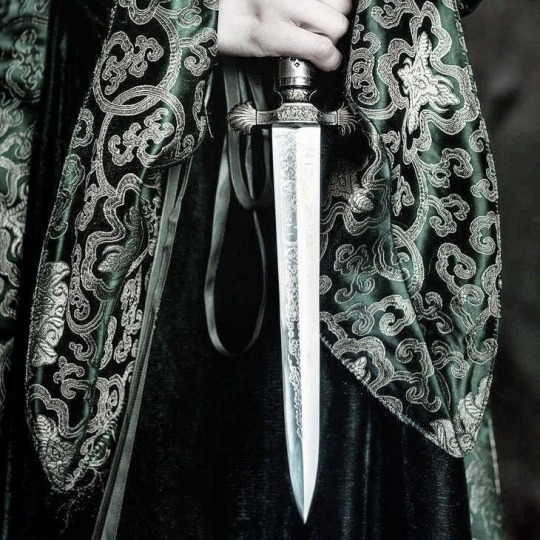

You and I are nothing but wild beasts wearing human skins.
173 notes
·
View notes
Text

Andy
#the old guard#andromache the scythian#andromache of scythia#tog#tog art#andy tog#Andromache the Scythian fanart#tog fanart#the old guard fanart#andromache and androgynous both start the same. coincidence???? I DON'T THINK SO#anyway im so so so obsessed with her#shes my phone wp rn#on the right arm is the lineart of an old drawing of mine!#and on her chest is from one that's on my drafts#her neck reeds “she who can't be killed” in a VEEEERY dubious old greek#anyway im so so so proud of this one 🥺#digital art#fanart#clip studio paint#accessible art#artists on tumblr#feel free to reblog this as Random Hot Butch btw#it's what she'd want#demonicneonfishy#usernati
211 notes
·
View notes
Text

he ended up looking like a danganronpa cg. lol
37 notes
·
View notes
Text
stew
The sad part of it is really that it takes Nile two months to realise she’s never seen Andy cook.
“Wait,” she says, “what do you mean she’s not allowed to cook?”
Andy just shrugs, perfectly unhelpful as she loves to be. The Andy sitting across the kitchen table from Nile is a far cry from the woman who shot her in Afghanistan, and not just because she’s now mortal and prone to problems like hangovers that last and back pain. More importantly: she looks less tired, somehow, hasn’t made fun of Nile about her Cross again, and gets a sick sort of satisfaction from watching Nile flounder over the important things, like which famous historical figures her new friends-slash-family-slash-anti-dying-club had slept with or the weird set of unspoken rules and laws and tripwires they all have built in that everyone else can see and Nile can’t. Yet.
“It means Andromache has been banned from our kitchens,” Nicky says coolly. Joe raises his brows, probably at the full name, but he’s grinning.
Nile ignores him, because he’s an instigator, and says, “Why not? Andy, what’d you do?”
“Who said I did anything?”
Nile narrows her eyes at her. That tone of voice elicits many things: trust is not one of them. Joe outright snickers.
Nicky says, voice low, “You know what you did.”
Joe mouths, “She does,” and then says out loud, “It’s not so bad, Nile. Nicky’s banned from football. And I’m not allowed to do any plumbing.” He says this like it’s a bad thing.
Nile suspects that they’ve also put an unspoken ban up against her audiobooks. Every time she puts one on doing her laundry, somebody comes up to speak with her, until she’s forgotten all about it. She also keeps losing the old iPod she found with the books on it, and whenever she finds it, it needs to be charged.
It’s ridiculous is what it is. She says so. “Andy is four thousand years old.” Andy raises her brows but doesn't comment one way or the other. Joe makes a so-so face, which really just means Nile’s wrong. She soldiers on. “I don’t care how bad she is, she should be able to cook!”
Andy shrugs around her bowl. “I can cook.”
“We’re all adults. We should have a roster. It’s not fair that it’s just Joe and Nicky.” Of them, Nile herself is probably the weakest: she can make a few comfort foods, but she’s never mastered the art. She’d like to, though. Part of it is wanting to hold onto the food she remembers before she can’t get it anymore and she’s forgotten, and part of it is that it’s just practical. But left to her own devices, she just eats whatever’s there. A roster will help.
And it wouldn’t feel right to leave Andy off it. Nile tells herself this is about fairness and house chores and not about the strange panic that takes over her whenever she imagines never eating her mom’s good again and then remembers that (a) Andy looks like she's maybe five years younger than her mom, and (b) she, too, is mortal. Which is dumb. It’s not like she thinks of Andy as anything like her mother. If anything she’s the bad influence friend everyone’s mom warns them about, but who everyone wants to—
Anyway.
“I don’t mind,” Andy says. Nile turns to Nicky.
Nicky says, “If you wish,” and then looks at Joe like he’s expecting Joe to speak up on his behalf.
Joe grins. “I have no objections.”
Andy’s turn on the roster comes up two days later. She spends the morning out of the house and comes back with two bags full of groceries. When Nile goes to help her with it, bewildered, it turns out one of the bags is half filled with low shelf life candy, and that Andy doesn’t need help, though she looks amused that Nile would offer.
Then she gets to it. She’s not what Nile was expecting, which was someone a little unsure of herself in the kitchen. She chops fluidly and fast, as good with a knife on meat and veg as she would be with it as a weapon, and she moves like she knows what she's doing.
But what she’s doing is—strange. At first glance, the dish is beef, with thick chunks of meat cooking in enough oil to thrill her grandma. But then she throws chunks of apple in alongside the potato. As it cooks, she starts rolling out some dough, with more eggs than make sense. Pie, Nile thinks, even if it's not a pie she knows of, but she rolls it out by hand into sheets of pasta, all while stirring the beef concoction. A bar of the dark chocolate she's munching on goes into the pot, followed by a concerning quantity of nuts. When she grabs an orange, Nile thinks it's for a snack, but she peels the whole rind into a neat spiral and tosses the rind into the pot before offering Nile a slice. When the pasta is cut, she just—starts flipping the sheets into the pot.
Nicky looks into the kitchen as he passes by and starts muttering to himself in Italian. When he opens his mouth, Andy only says, “If you’d rather do it yourself,” and Nicky walks away.
Oh, Nile thinks. “You won’t get out of the roster just by making bad food, you know,” she says, though she suspects she probably will. If it's terrible, she figures she’ll get takeout. She already saw Joe surreptitiously hide a bag of something in the back of the fridge. She hopes he got enough for her.
Andy only winks at her. Nile sits down.
In go raisins, cashew nuts, sticks of cinnamon, the stalk of some plant she doesn't even recognise, more garlic than even Nicky uses, and a whole tablespoon of turmeric. Then come the chillies: long, with the heads sliced off, thrown in whole. When the room starts smelling like heat, she cools it with cups of milk. More vegetables follow: large chunks of carrot and beet, strips of cabbage and slices of—ugh—eggplant go in along with a store-bought sauce she can't read the label of, spoons of cream, a quarter of a bottle of alcohol she's pretty sure isn't meant to be used to cook with, and—somehow—even more chocolate, and some of her favourite morning cereal.
This is the point at which Nile decides to stop watching. It feels a little like tearing herself away from a car crash, but she makes herself go look for her iPod. She finds it between two cushions of the sofa twenty minutes later, at 3%.
Andy calls Nile in to help carry the food out when she's done, half an hour later. Nile’s a little bit afraid of the monster she's created as she looks into the pot. It looks less than appetising, a deep brown that looks thick and has things floating in it and cheese melting on top. On the sides of the pot, she can see bright red oil floating in place.
When she carries it out, her iPod is already gone from where it was charging by the kitchen table. Nile glares at Joe and Nicky, who look back innocently (Joe) and distractedly upset (Nicky). It has to be Joe, she figures.
Andy serves them the frankenstew in deep bowls with toasted slices of Nicky’s last sourdough next to it. With no ceremony at all, she grins and says, “Dig in.”
Then, without waiting for the rest of them, she starts eating.
A little relieved that Andy isn’t going to leave them to eat it alone, Nile takes a small, tentative bite.
The dish is—not bad. She takes another bite, and then another.
The stew is delicious. Nile can feel her arteries clogging with every bite, immortality or no immortality, but she thinks she doesn't even care. It's hot enough to leave her tongue prickling after just a couple of bites, but she wants to keep eating it. It's sweet and salty and sour; the meat falls apart in her mouth but the nuts crunch. The pasta is not really pasta at all, thicker and softer and melting in her mouth like soft bread. The broth is creamy and thick, and none of the vegetables are too mushy or draw too much attention to themselves. It's the best thing she's ever eaten, she thinks. She never wants to eat anything else again.
When she looks up, she must look a little guilty, because Joe pats her arm comfortingly. “I know,” he says.
Andy hums around a mouthful and says, slowly, “It’s not as good as I remember it.”
Nicky looks despairing. He’s staring into the bowl like it insulted his mother. Maybe it has. “That’s what you said last time,” he says.
Nile considers things like nostalgia and pride and cholesterol and having more of the pot for herself, and slides Andy’s half-full bowl towards herself. “You’re off the roster, Andy. And you’re banned from cooking again,” she says authoritatively.
“I thought making bad food wouldn’t get me off the roster?”
Nile nods. This is worse.
Joe grins, ducks into the kitchen, and comes back with the box he had hidden in the fridge, which now that Nile looks closely says Andy Dinner. Andy laughs at her as she eats it.
Nile decides to stop looking for her iPod.
#the old guard#tog fanfiction#mine.#minefic#nile freeman#andromache#i like this one. idk if the characters feel Quite right. but this particular evening i dont care if they dont
167 notes
·
View notes
Text
Remember if you even consider voting for Trump Eddie Diaz and Evan Buckley will hate your ass forever and laugh at you.
20 notes
·
View notes
Text




spotify playlists for every mood ✨💿🦋
featuring mixes for books, vibes, seasons, and everything in between
highlights include:
brat girl summer / feeling feral / god tier / stop feeling! / throne of glass / rwrb // firstprince / jade city / the locked tomb [griddlehark] / what's my age again? / friendship can be romantic / though your heart is grieving / dark academia / sad girl machine / night drives / morgan matson summer / bergman brothers / a haunting / frost / taylor breakup playlist / it's charli babyyy / what the folk / dad rock
#i need to immortalize this setup bc it looks so good on my profile rn#but also pass this around so my bookish playlists can get some saves fr#IGNORE ME JUST TAGGING THINGS#spotify#playlists#fanmix#mine#music#music recs#jade city#the bone season#tlt#locked tomb#emily henry#osemanverse#acomaf#tog#throne of glass#sjm#a little life#aftg#iwwv#ninth house#night film#rwrb#taylor swift#lokius#blackbonnet#ofmd#buddie
32 notes
·
View notes
Text
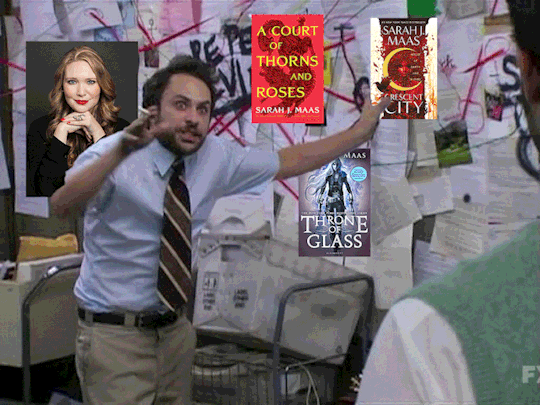
What it feels like to explain Sarah J Maas books in 2024
#sarah j maas#throne of glass#queue of shadows#mine#acotar#sjm#tog#crescent city#house of sky and breath#house of earth and bone#house of flame and shadow#empire of storms
1K notes
·
View notes
Text
my worst fear for tog2 is what if the movie forgets that Nile is the main character. this would be a terrible viewing experience and a waste of narrative opportunity. it would also validate all the people in this fandom who've been diligently forgetting that Nile's the main character day in and day out for going on 5 goddamn years
47 notes
·
View notes
Text
"Dubbed 'fairy porn' by those who haven't bothered to read past the blurb" is an insane line actually I want to shake the hand of whoever wrote that
26 notes
·
View notes
Text








The world will be saved and remade by dreamers. AELIN GALATHYNIUS, THRONE OF GLASS
#throneofglassedit#togedit#sjmedit#aelingalathyniusedit#celaenasardothienedit#throne of glass#aelin galathynius#celaena sardothien#series: tog#ch: aelin#*mine
21 notes
·
View notes